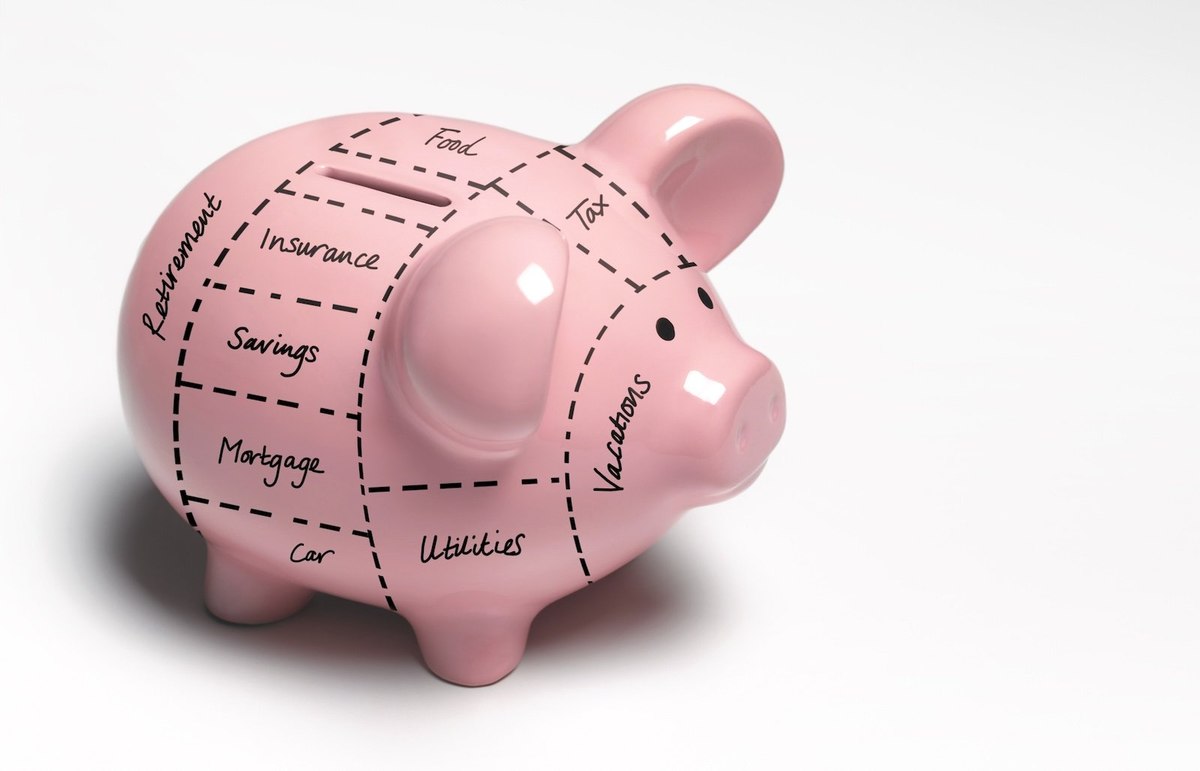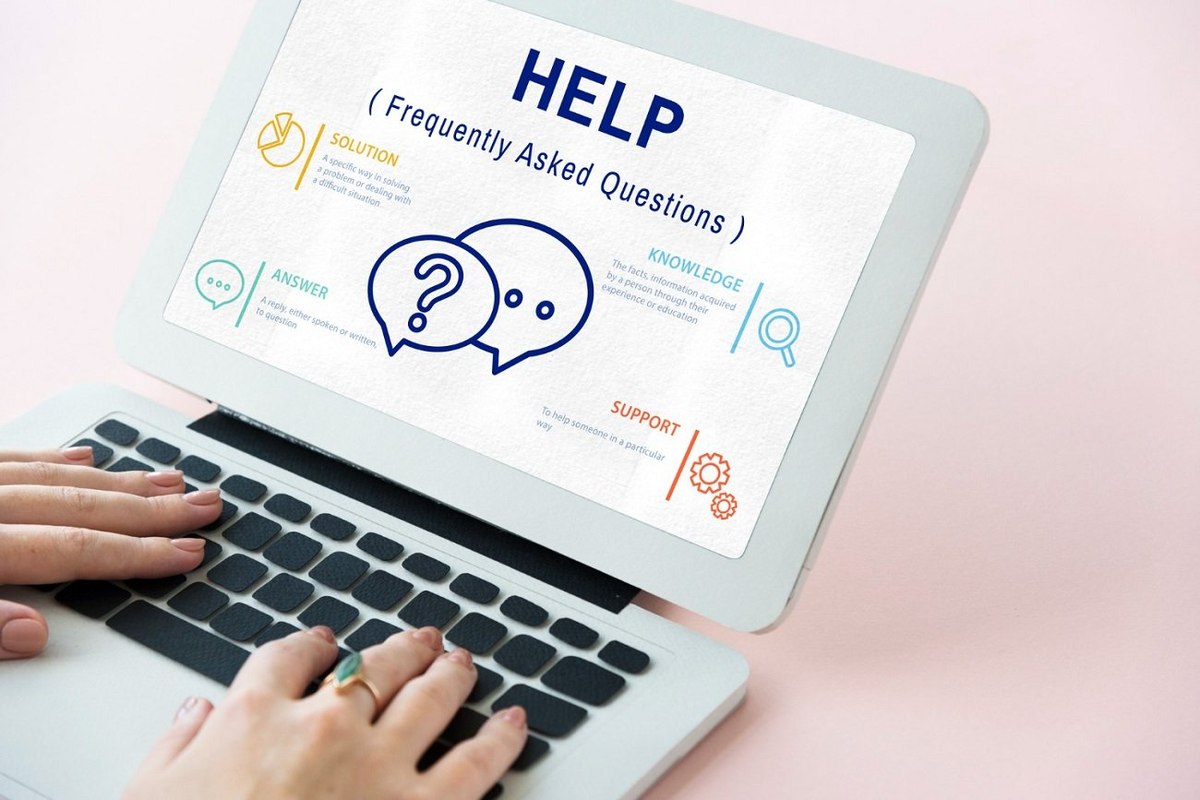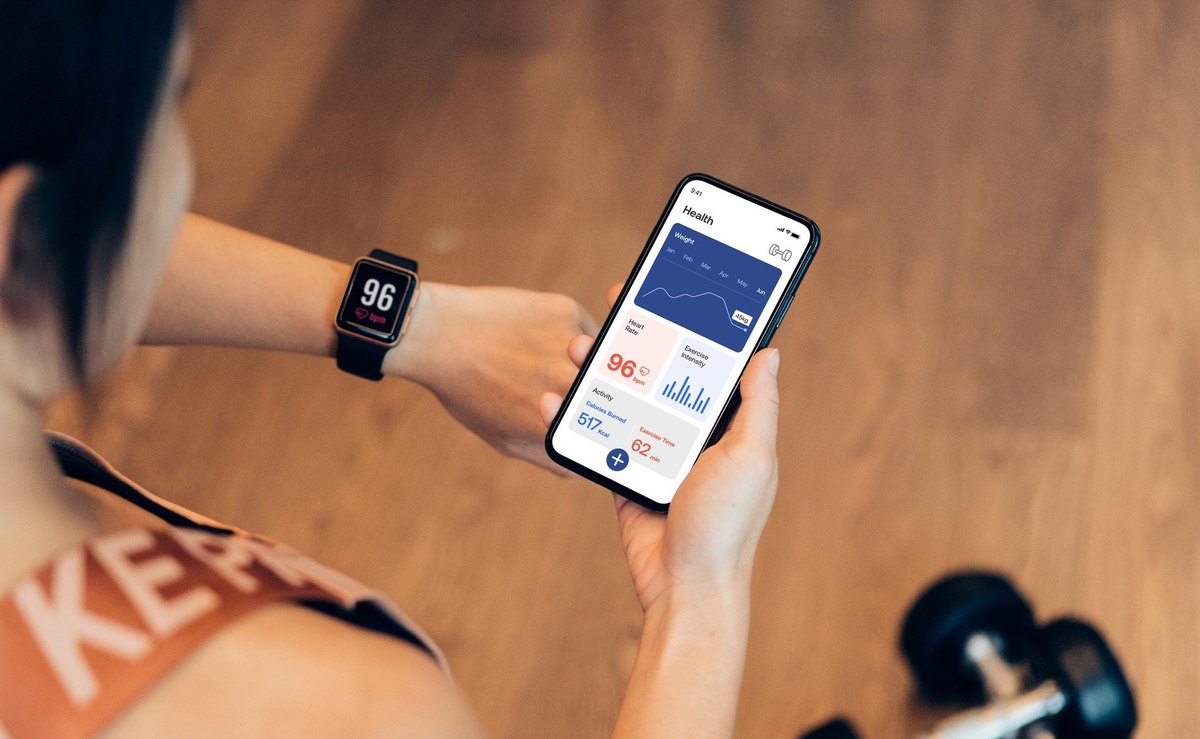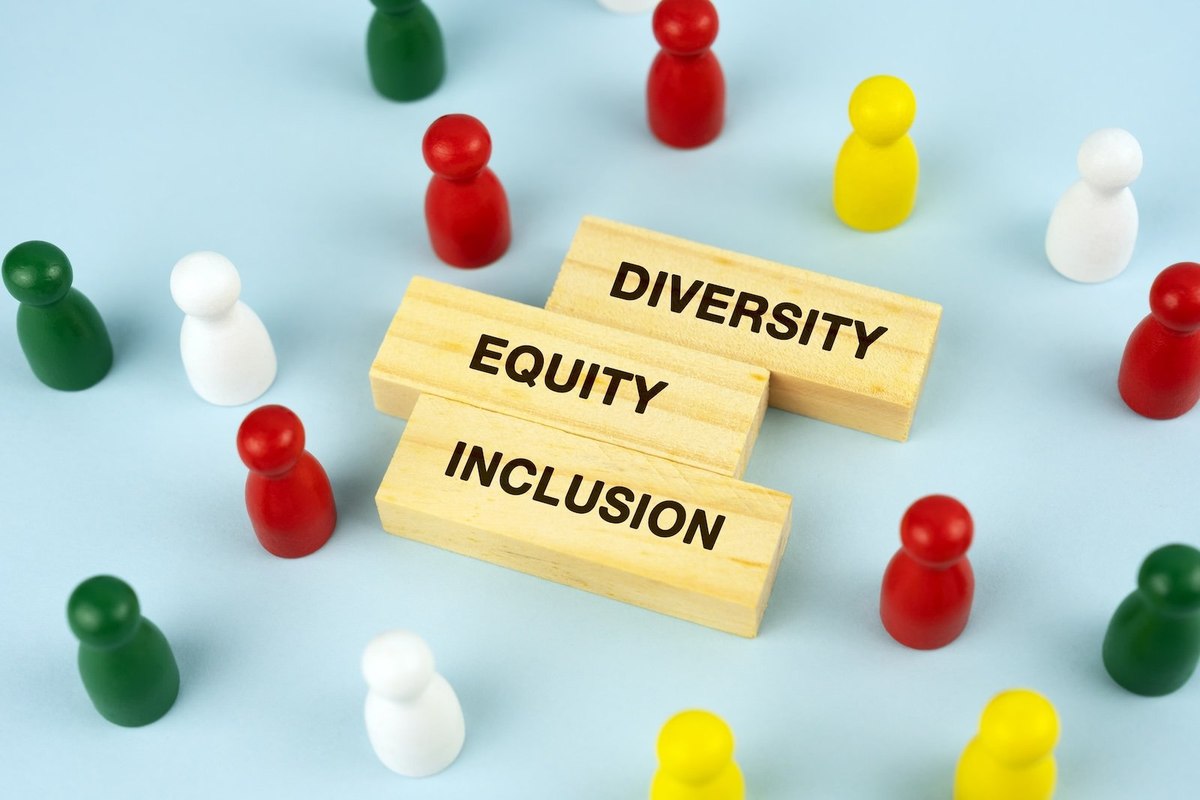
Friends and family over pharma - Sources consumers rely on for information on health and wellness
Seeking guidance for health and wellness-related concerns is a double-edged sword. While there’s no dearth of information and plenty of trends and suggestions to choose from (‘bed rotting’ or ‘WaterTok’ anyone?), the sheer breadth of it can leave anyone perplexed.
Moreover, the credibility of information is in question when it comes to some online sources. Remember the last time a random online survey diagnosed you with ADHD or an influencer offered armchair therapy advice?
A recent YouGov survey asked consumers across 17 international markets about which sources of information they consider reliable when it comes to matters concerning health, diet, work-out routines, wellness trends and the like.
A majority of consumers across markets (65%) still place their bets on medical practitioners. What’s more, data reveals that more people consider their friends and family to be reliable information sources than pharma or health and wellness companies.
A third of those surveyed (33%) across our 17 markets picked friends and family, putting this group at the second spot .
Companies in the health and wellness space come in at the third spot at 30%, and 26% of respondents picked gym/personal trainers. A very modest 19% of those surveyed consider pharma companies as reliable sources of information on these matters.
Now social media and influencers in general could be on the list of sources for consumers when looking for say the latest in fashion or gadgets. Our data shows that social media doesn’t command the same influence when it comes to health and wellness.
Consumers are least likely to cite social media and digital health influencers in general (16%) as reliable sources of health and wellness-related information.
Medical practitioners are the most trusted sources of information for health and wellness-related matters across demographic groups, YouGov data shows.
Further, trust in medical practitioners increases as the demographic gets older, with consumers aged 55 years and above being the most likely (75%) to fall back on this source for reliable information. When it comes to friends and family, trust in them to advise on health and wellness matters drops as we go up in age. Nearly a third (32%) of our youngest group, 18-24 years old, place their trust in friends and family. For those aged 55 years and above, this drops to 29%.
Compared to other age groups, 35-to-44-year-olds are most likely (33%) to trust companies in the health and wellness space.
While - our youngest demographic group trusts medical practitioners the most (57%), they trust friends and family and also health and wellness companies in equal measure (32% each).
Gym/personal trainers are trusted by 35%. Interestingly, equal proportions of this group consider pharma companies and social media/influencers as reliable health and wellness information sources – at 25% each. These consumers are also the most likely among age groups to consider social media/influencers as reliable sources.
Consumers in Spain account for the largest proportion of those who say they consider medical practitioners as reliable sources of information (79%) on health, diet, wellness trends, etc. Italians (76%), Australians (75%) and Britons (74%) follow Spaniards.
Friends and family, and medical practitioners (55%) are nearly on par for Indians, as reliable sources of information. Further, Indians express near-equal levels of trust in companies in the health and wellness space, and social media (41% and 42% respectively) for information on health and wellness. In fact, Indians are the most likely to say social media and digital health influencers are reliable sources of information, across markets.
Roughly half of all Hong Kongers (51%) trust friends and family, followed by consumers in the UAE (47%), whereas in Europe, Germans are most likely (33%) to say the same.
In the US, friends and family take the second spot (30%) behind medical practitioners (58%) as a reliable source of information for health and wellness concerns. Interestingly, only two markets on our list - US (7%) and Great Britain (9%) - record single-digit figures when it comes to trusting pharma companies for information on health and wellness.
Mexicans are the most likely (56%) to consider companies in the health and wellness space as reliable sources of information for matter concerning health, workout routines, diets, etc. In Europe, consumers in Spain (36%) and Italy (29%) are the most likely to do so.
As for those who say pharma companies are a reliable source of information, Mexicans lead yet again (34%), followed by Hong Kongers (31%).
While Indians take the lead in saying social media is a reliable space to gather information about health and wellness, consumers in Hong Kong (385), Mexico (36%), and UAE (35%) record significant figures as well.
Explore our living data - for free
Discover more health and pharma content here
Want to run your own research? Run a survey now
Make smarter business decisions with better intelligence. Understand exactly what your audience is thinking by leveraging our panel of 20 million+ members. Speak with us today.
Methodology: YouGov Surveys: Serviced provide quick survey results from nationally representative or targeted audiences in multiple markets. The data is based on surveys of adults aged 18+ years in 17 markets with sample sizes varying between 2040 and 500 for each market. All surveys were conducted online in January 2024. Data from each market uses a nationally representative sample apart from Mexico and India, which use urban representative samples, and Indonesia and Hong Kong, which use online representative samples. Learn more about YouGov Surveys: Serviced.
Photo by Mikhail Nilov on Pexels
































